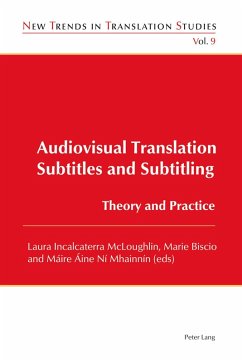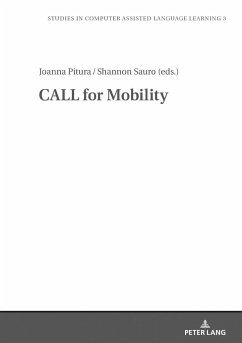
A Web of New Words
A Corpus-Based Study of the Conventionalization Process of English Neologisms
Versandkostenfrei!
Versandfertig in 6-10 Tagen
80,20 €
inkl. MwSt.

PAYBACK Punkte
0 °P sammeln!
This book presents the first large-scale usage-based investigation of the conventionalization process of English neologisms in the online speech community. The study answers the longstanding question of how and why some neologisms become part of the English lexicon and others do not. It strings together findings and assumptions from lexicological, sociolinguistic and cognitive research and supplements the existing theories with novel data-driven insights. For this purpose a webcrawler was developed, which extracted the occurrences of the neologisms under consideration from the Internet in mont...
This book presents the first large-scale usage-based investigation of the conventionalization process of English neologisms in the online speech community. The study answers the longstanding question of how and why some neologisms become part of the English lexicon and others do not. It strings together findings and assumptions from lexicological, sociolinguistic and cognitive research and supplements the existing theories with novel data-driven insights. For this purpose a webcrawler was developed, which extracted the occurrences of the neologisms under consideration from the Internet in monthly intervals. The book shows that the different courses conventionalization processes may take result from the interplay between speaker-based sociopragmatic accommodation-induced aspects and factors facilitating cognitive processing of novel linguistic material.












